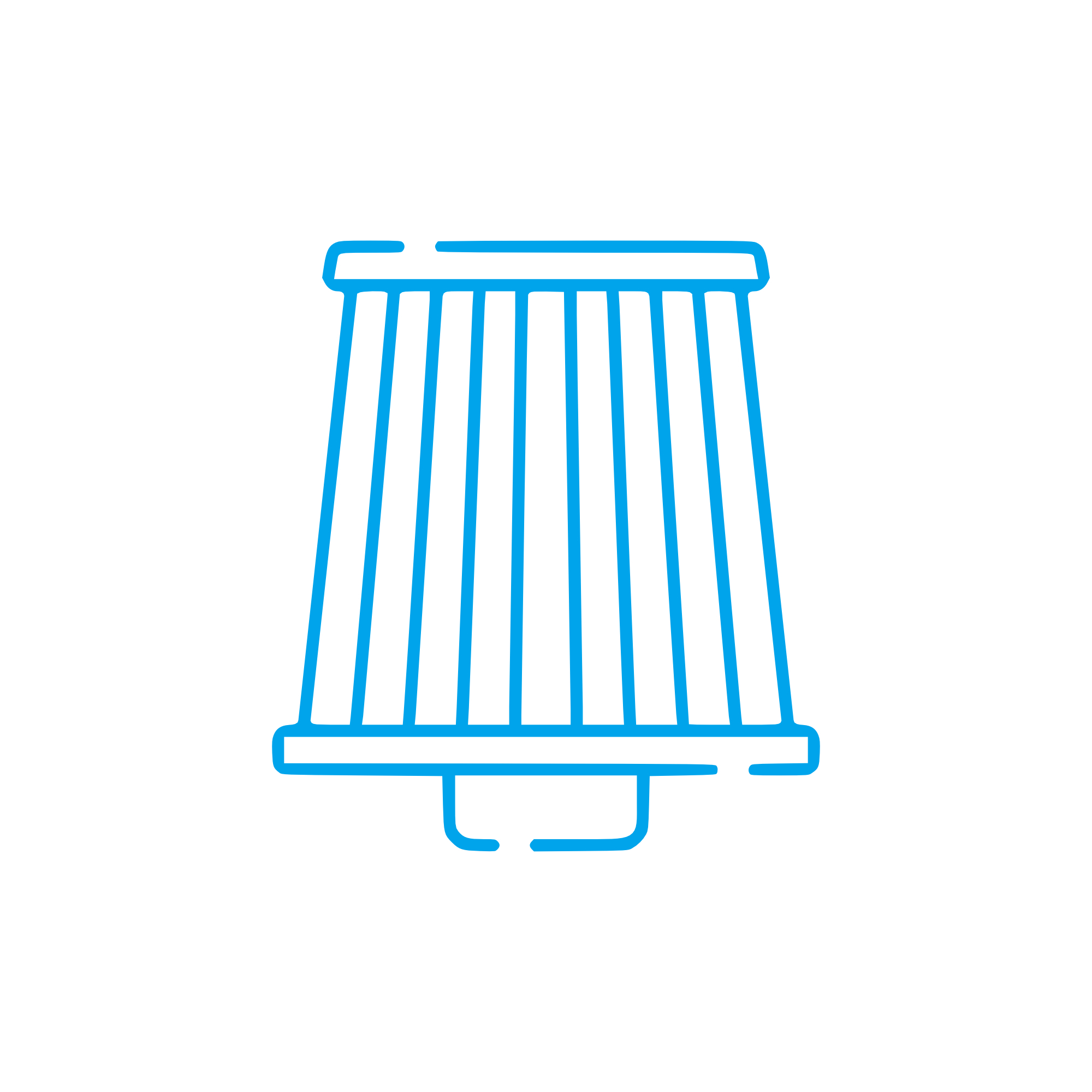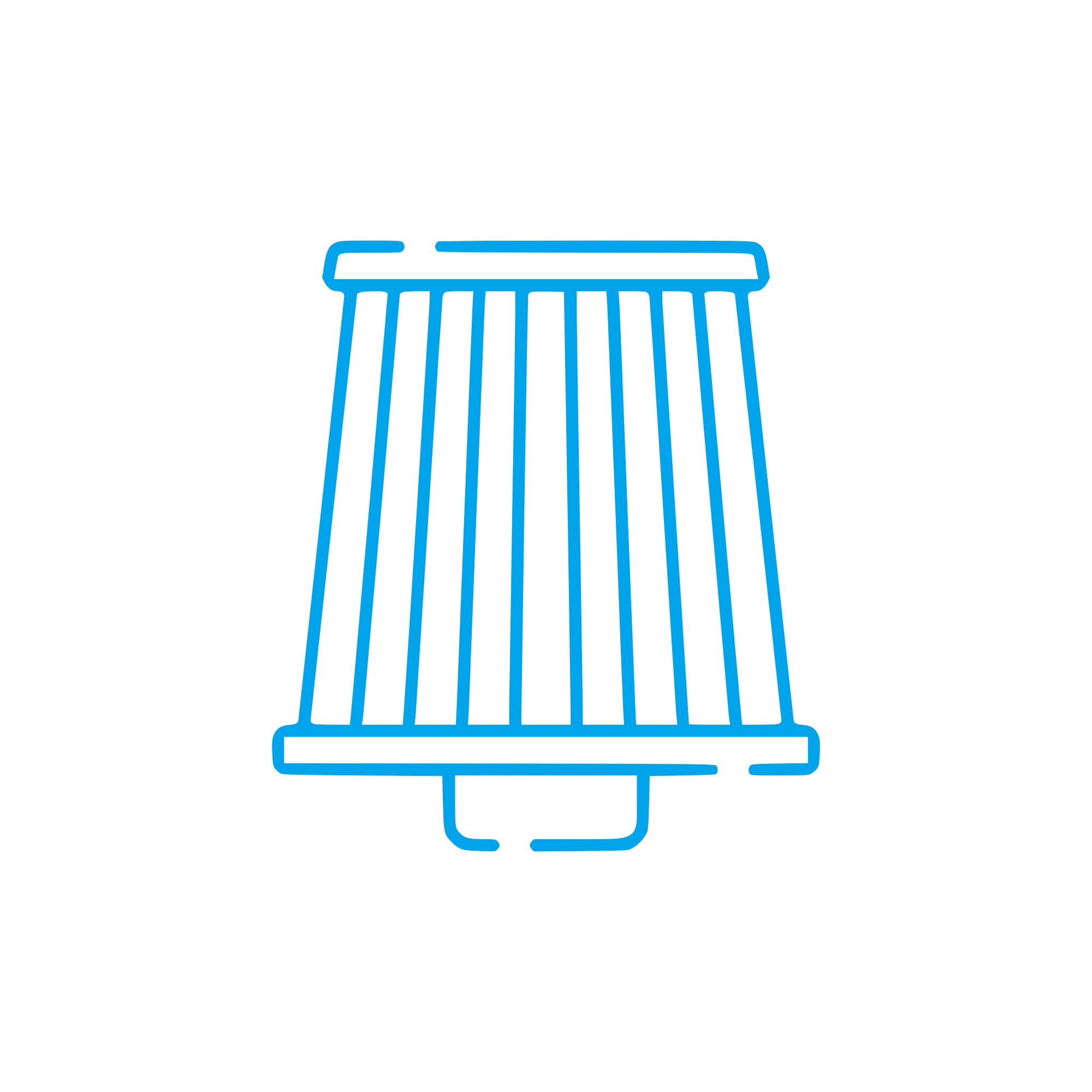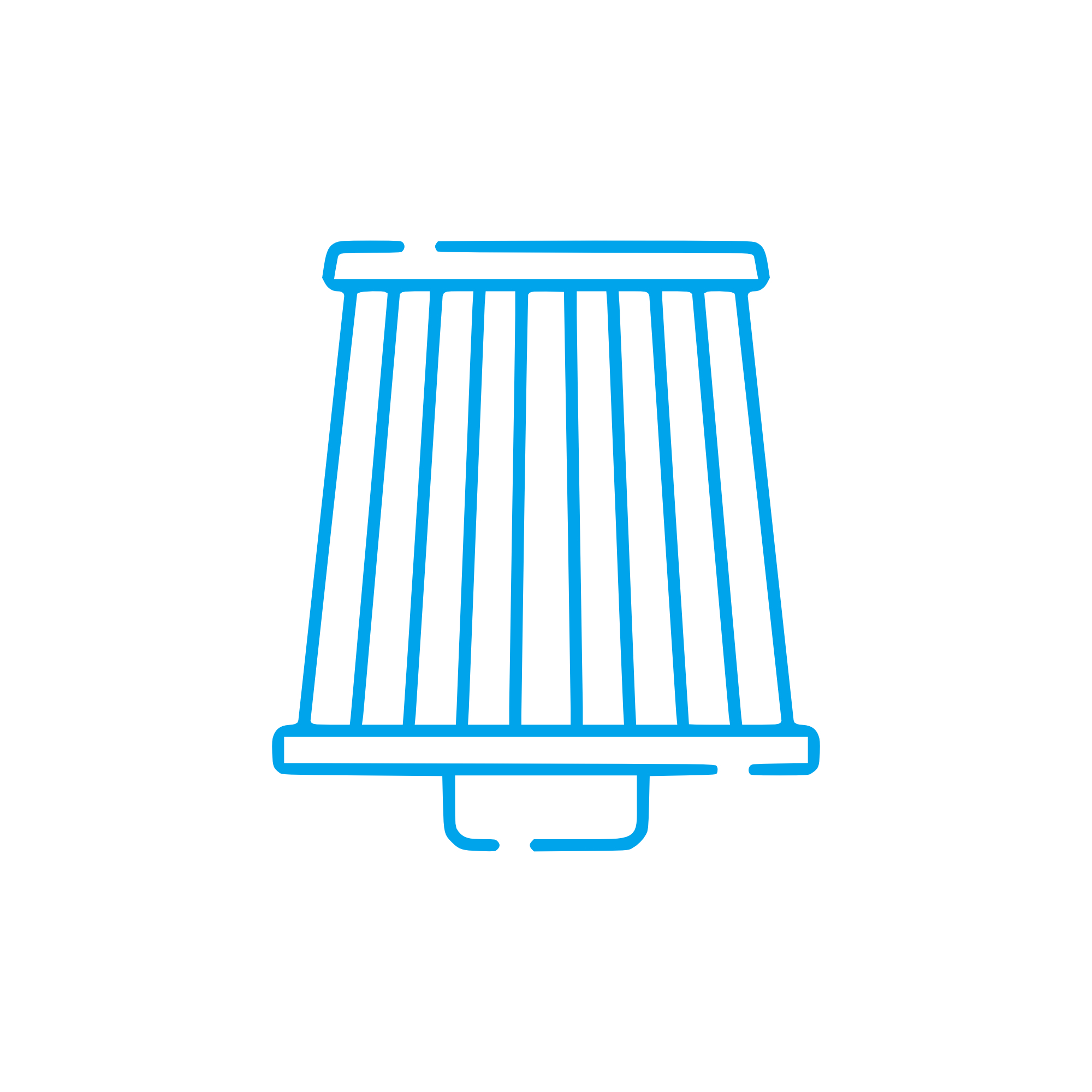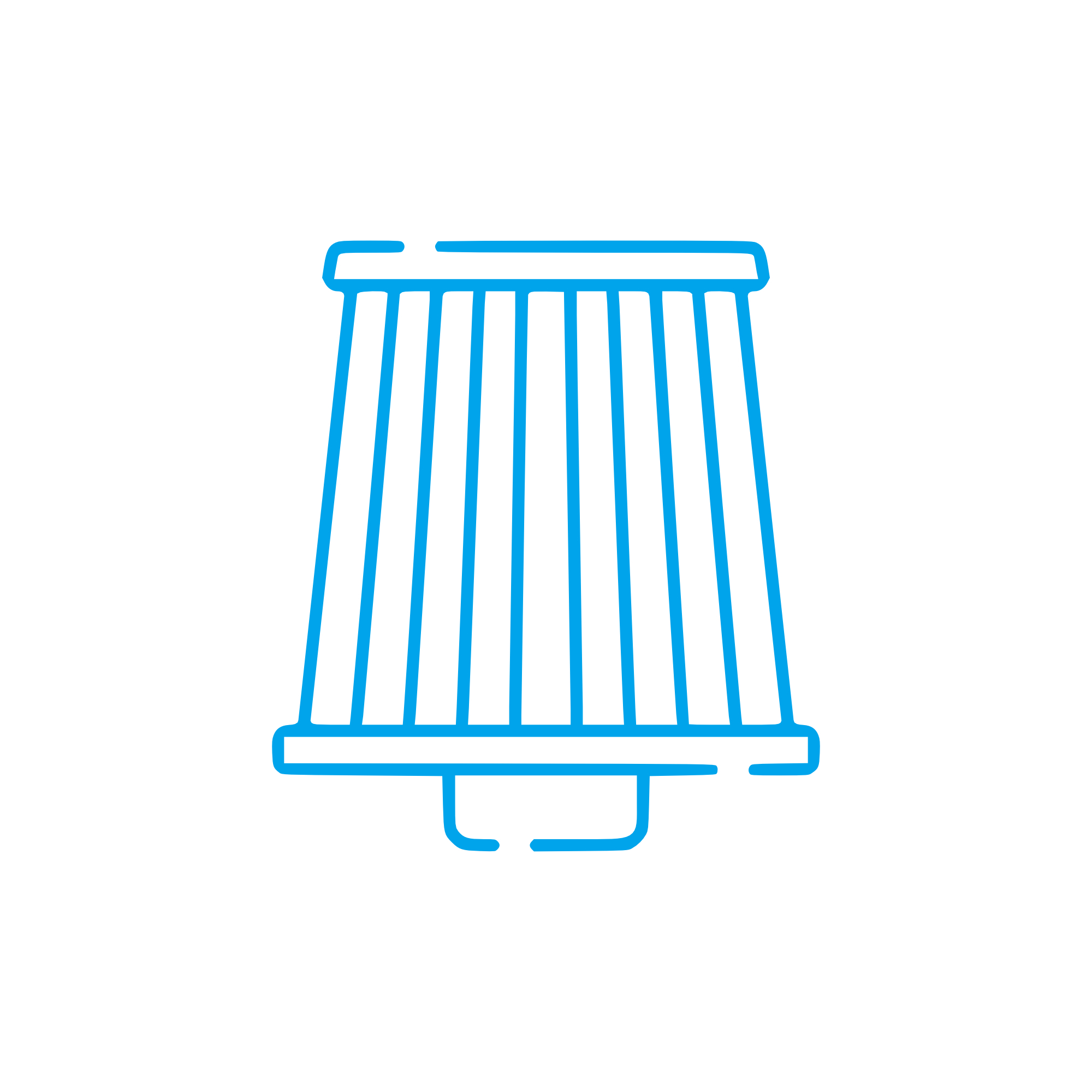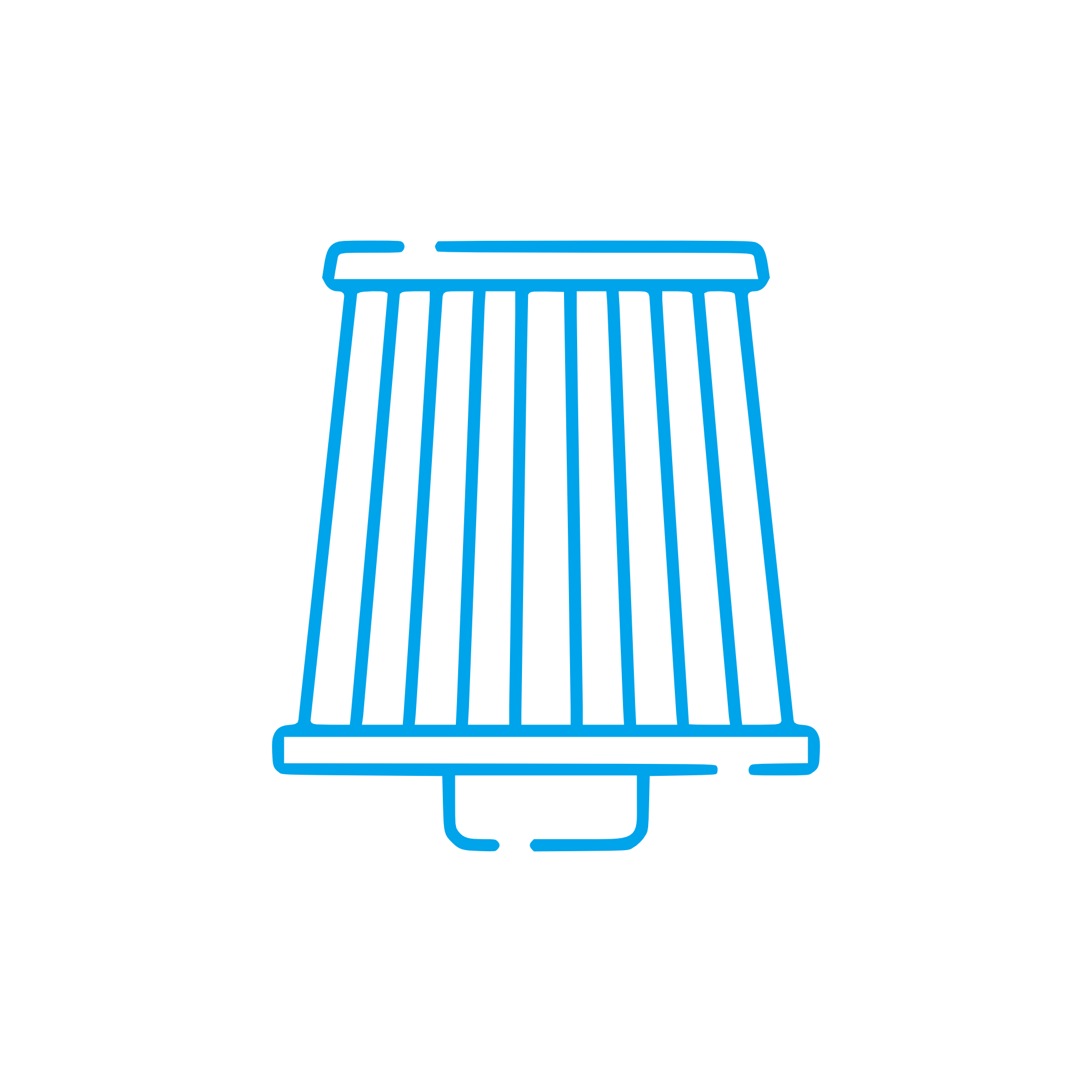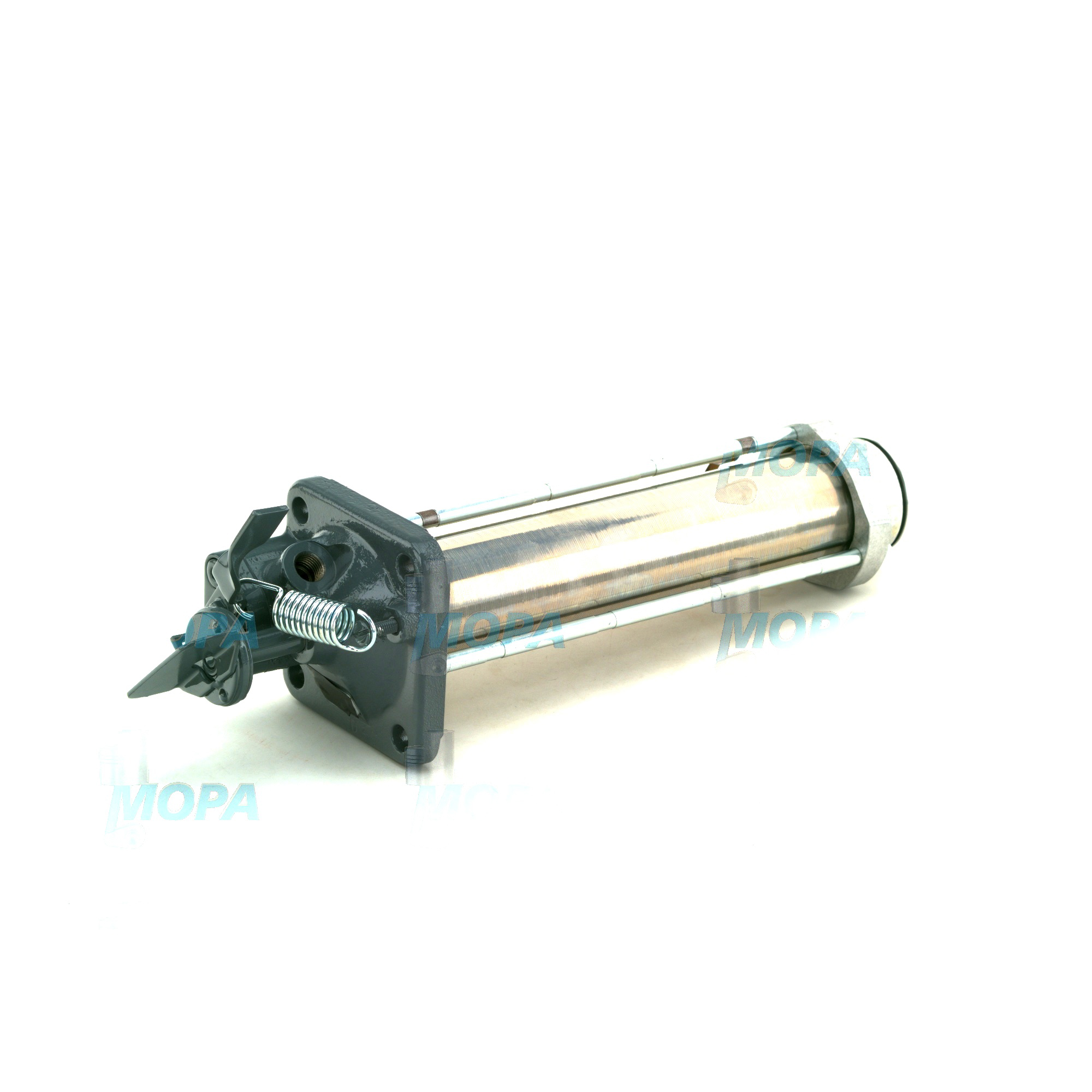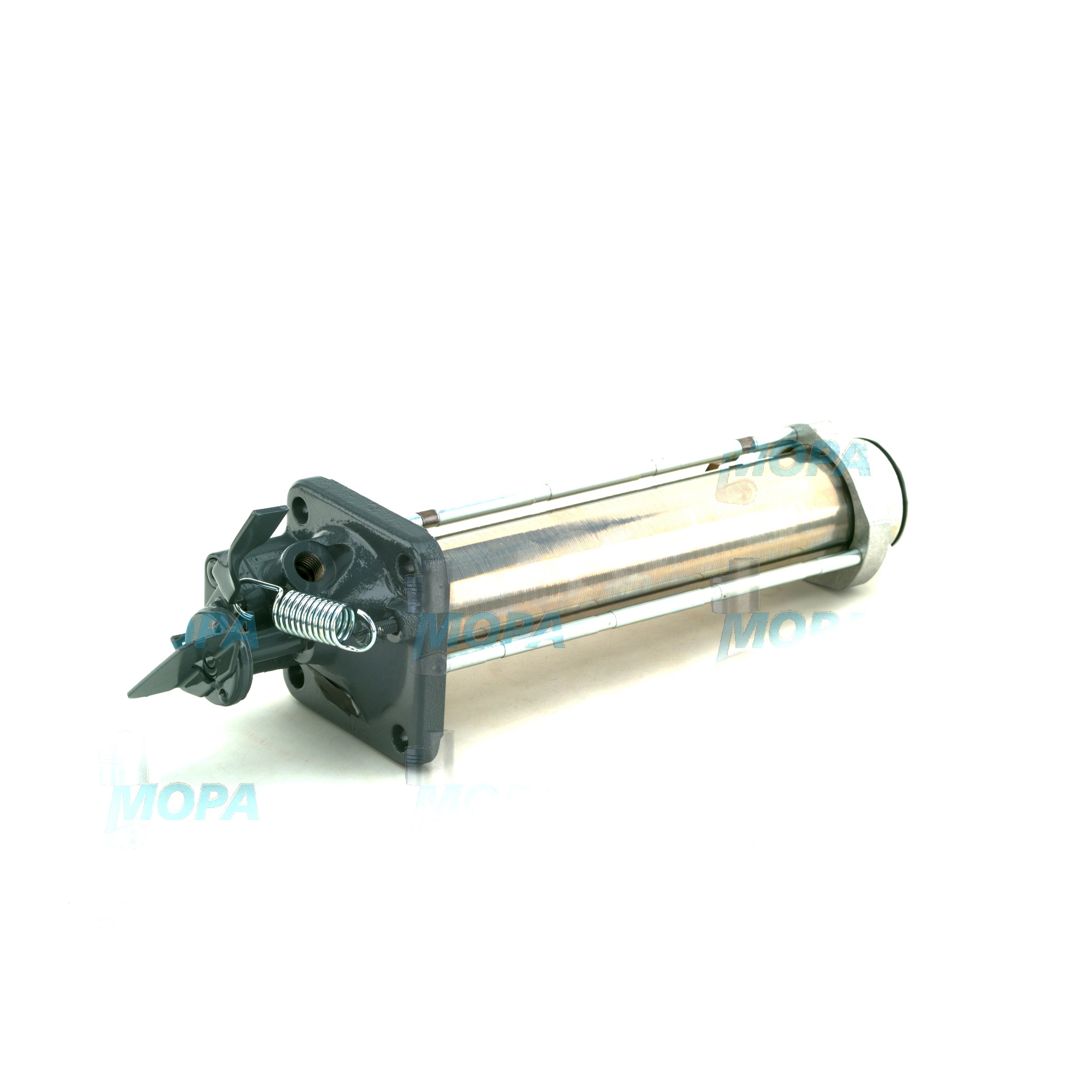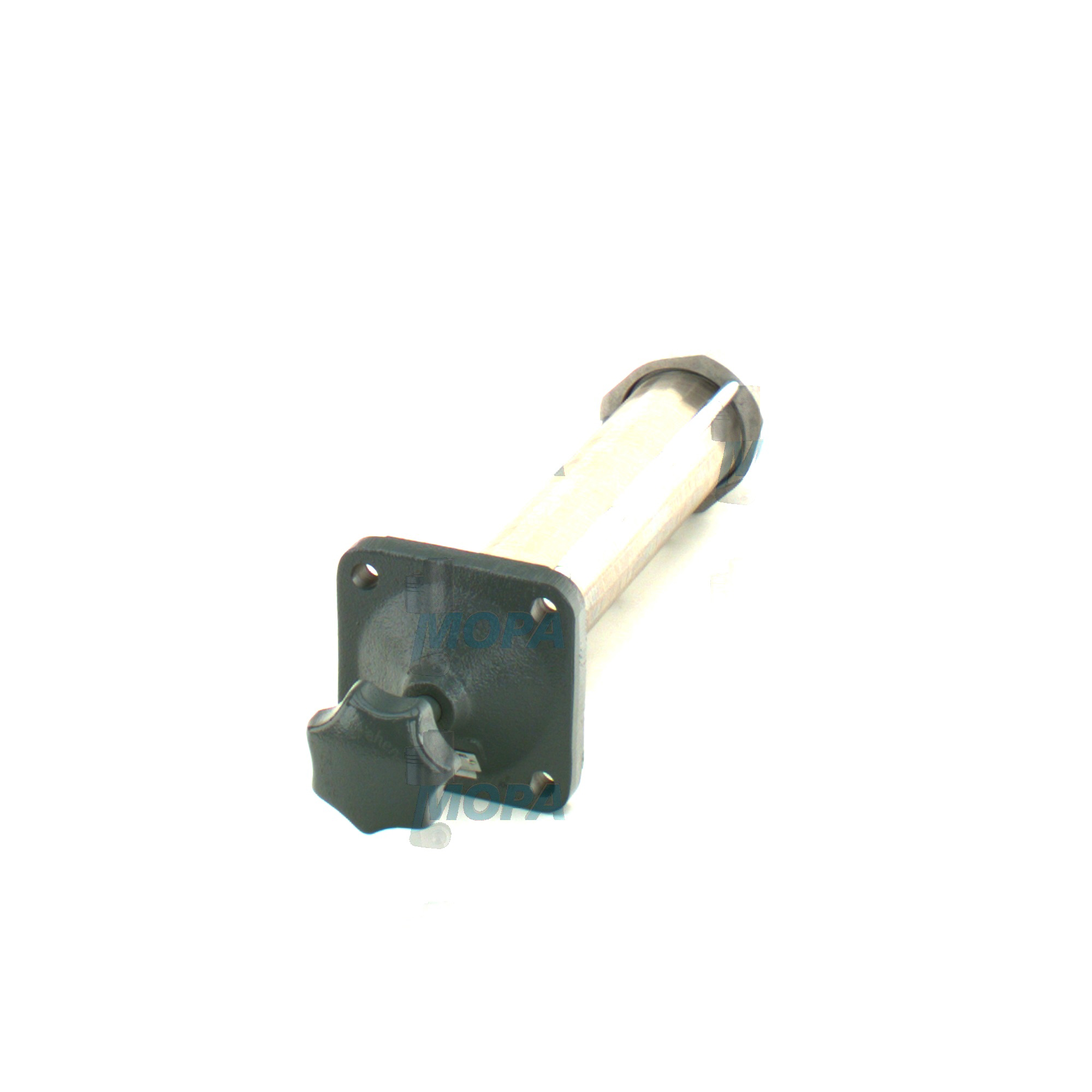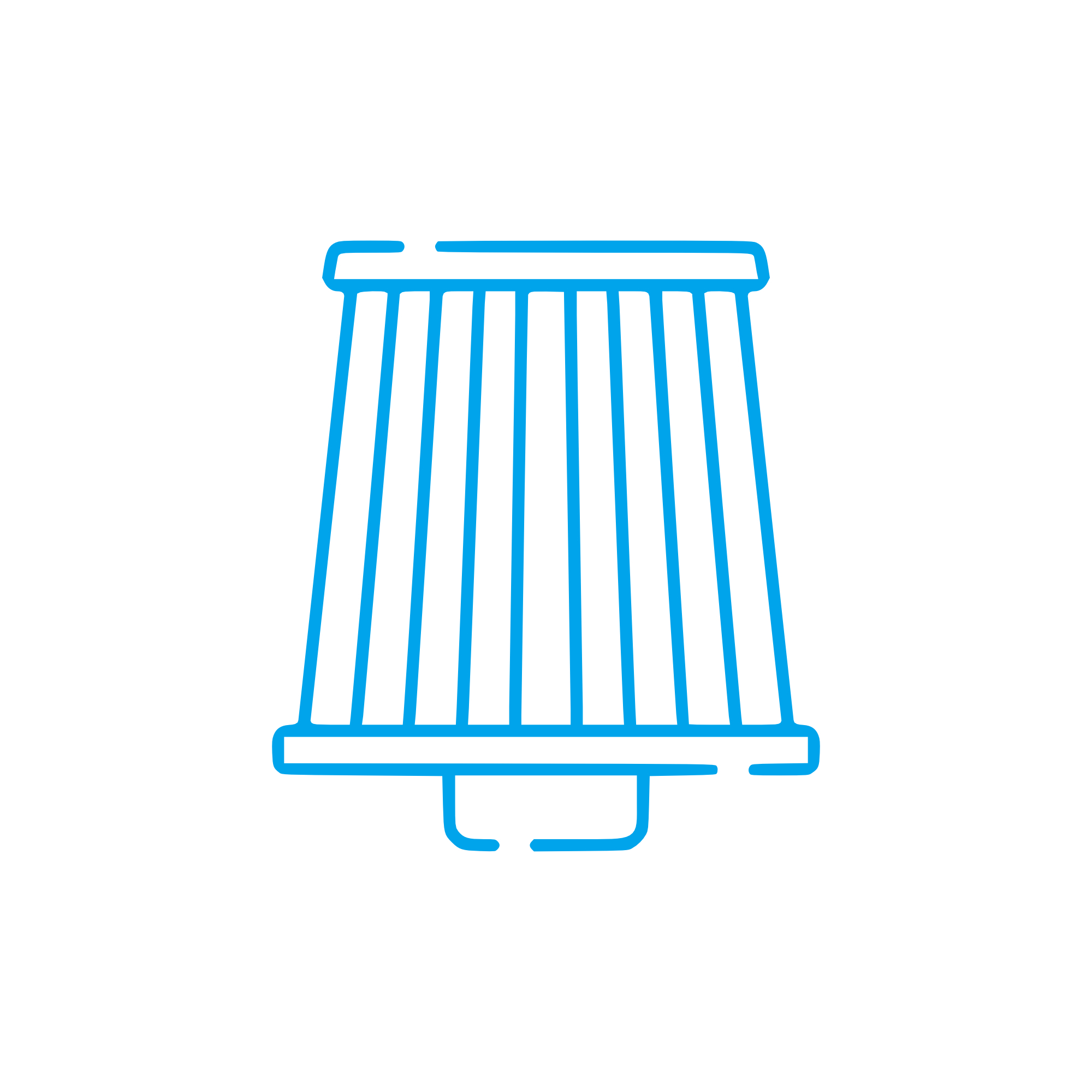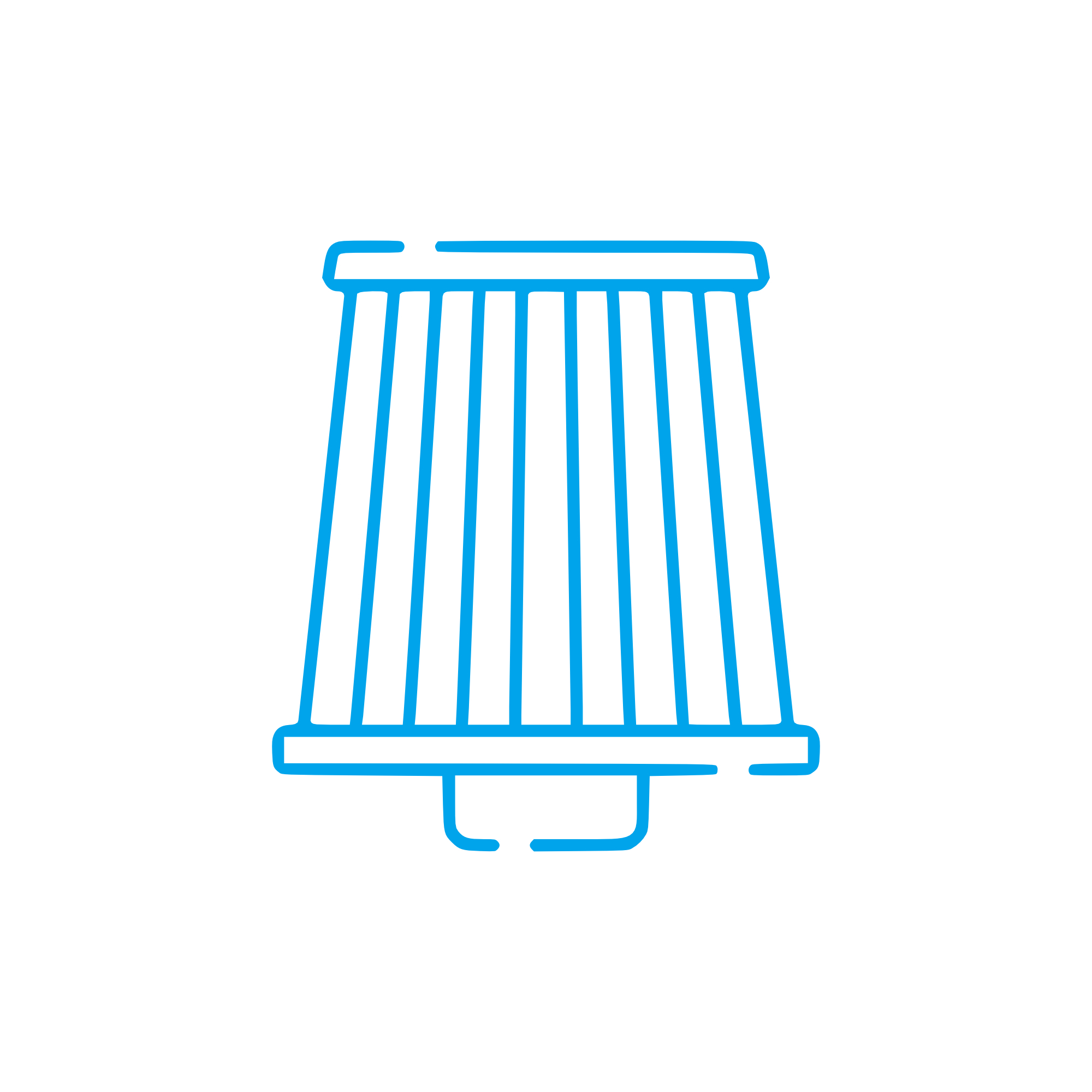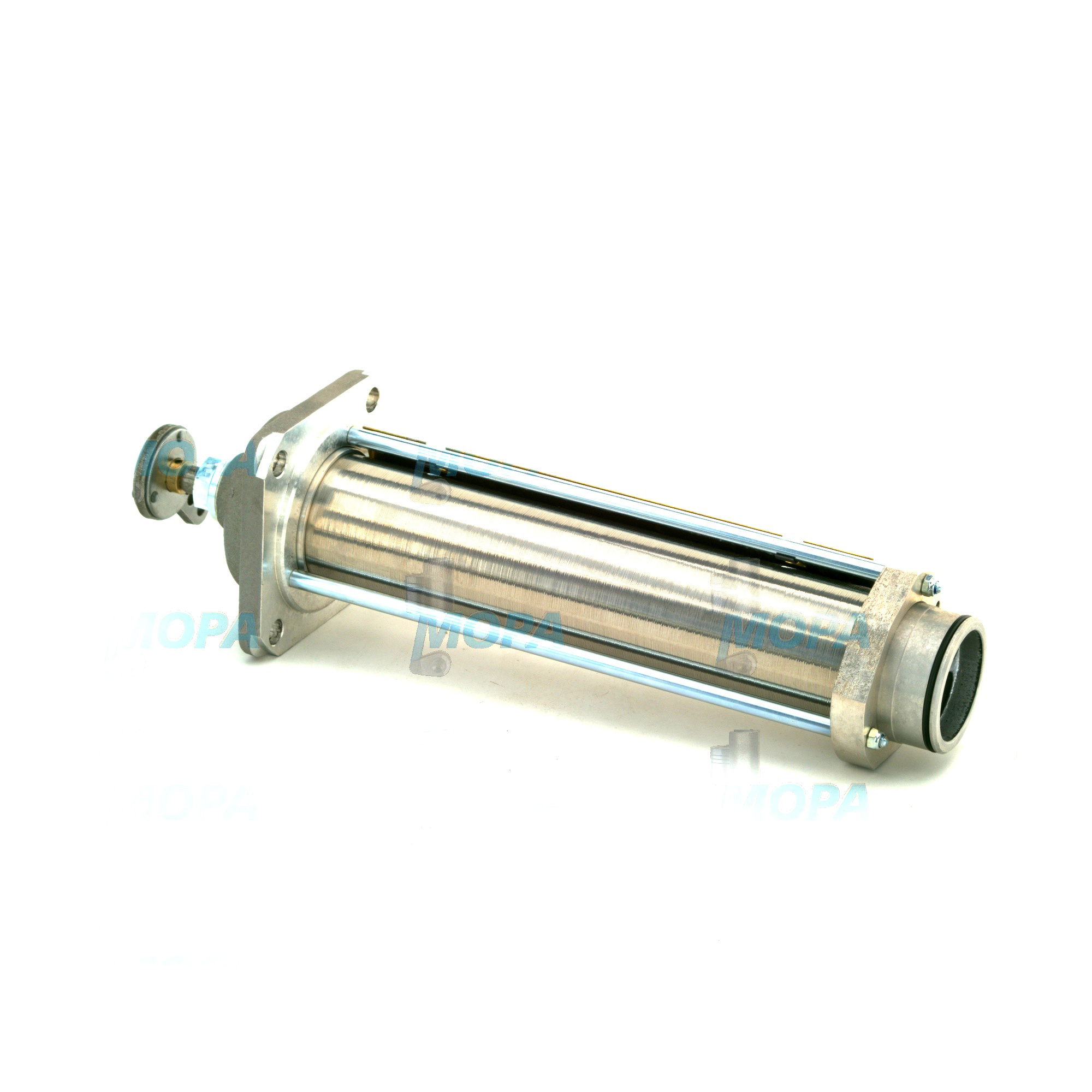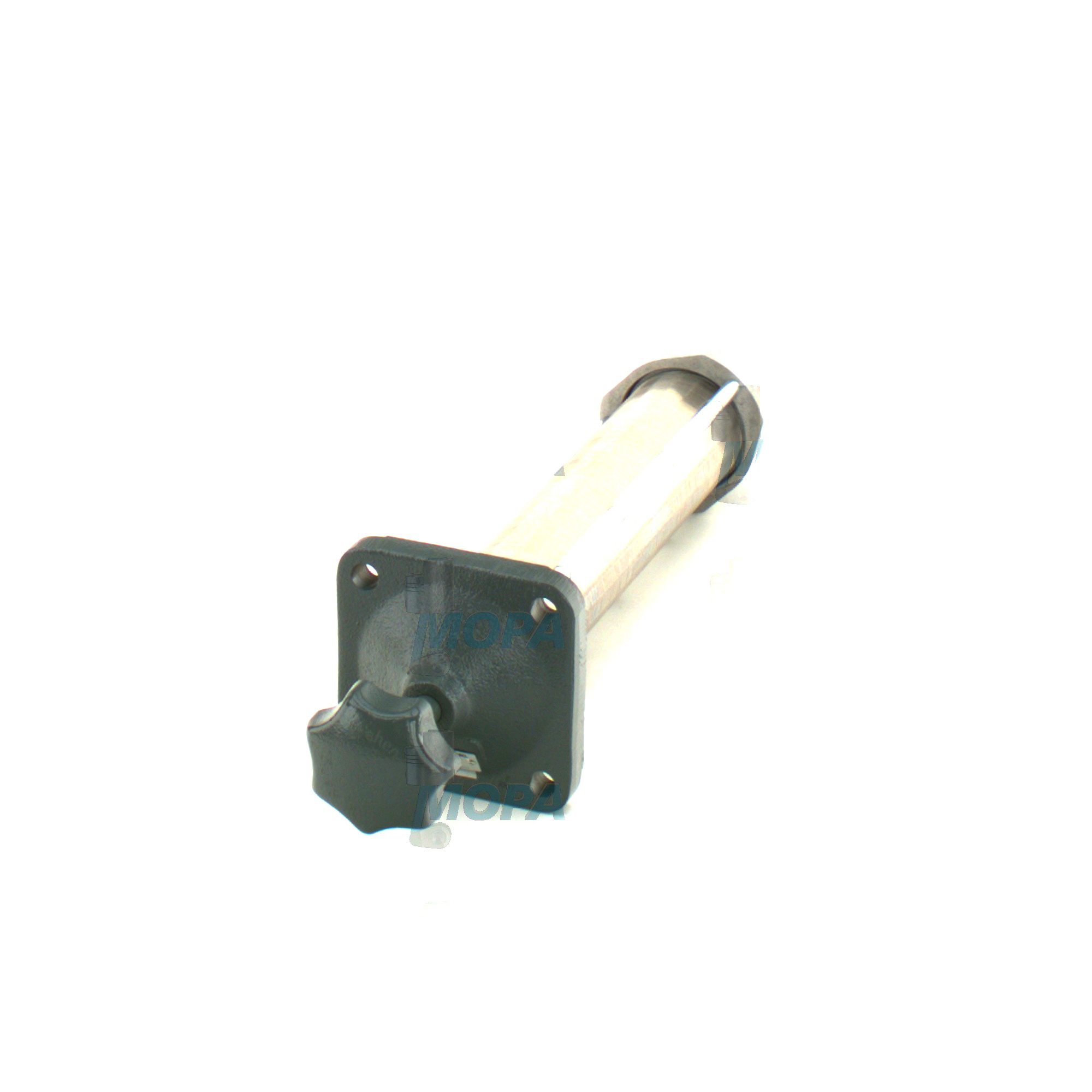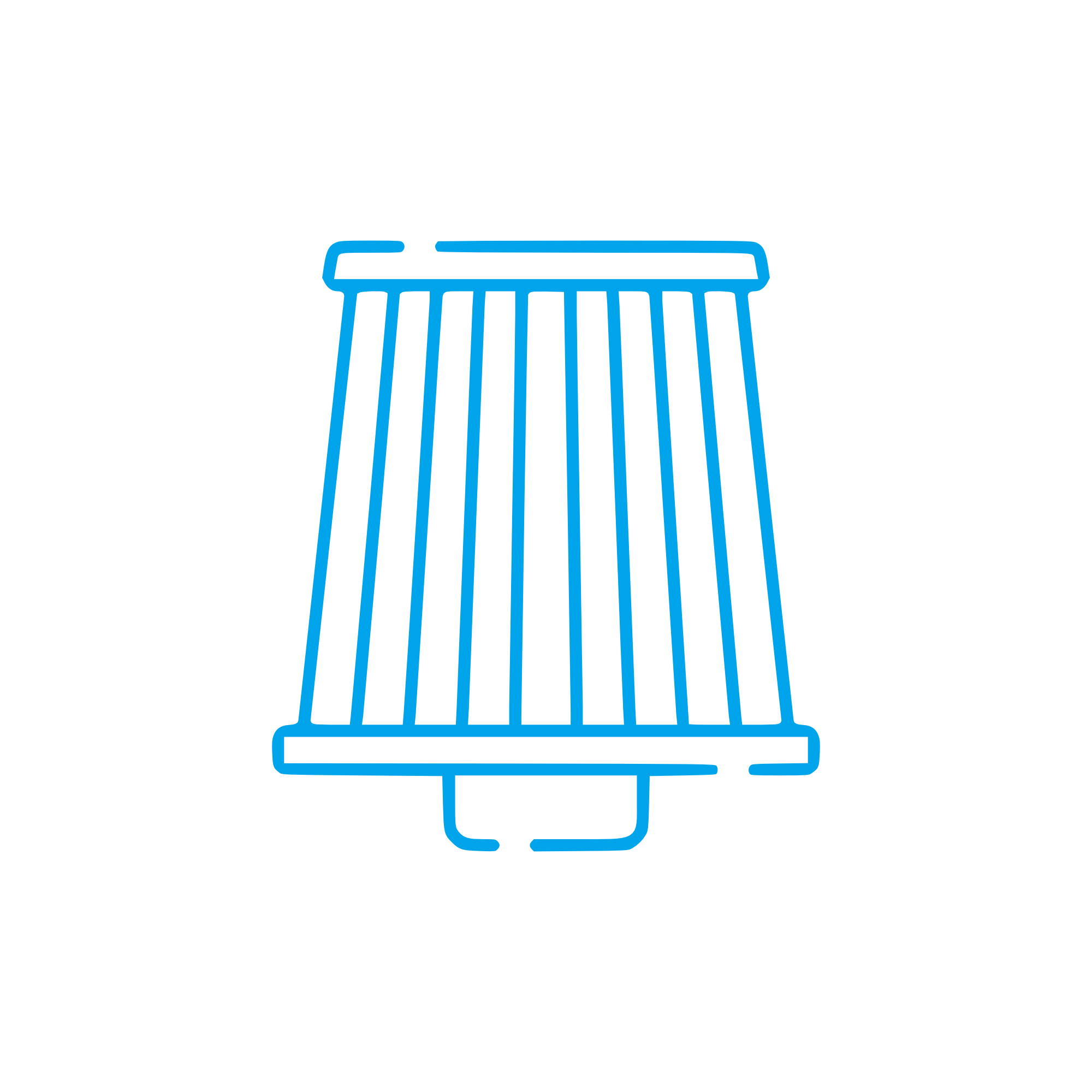GAP FILTER ELEMENT Filters for Marine and Diesel Engines
Filters are critical engine components that separate contaminants from air, fuel, lube oil, and coolant before these media reach precision parts. In every diesel and gas prime mover—from auxiliary gensets to propulsion units—filters preserve tight clearances, stabilize combustion, and prevent abrasive wear. Within this category, the GAP FILTER ELEMENT stands for the replaceable core of a filter assembly: the engineered media pack that actually traps particles and, in some cases, separates water. Selecting the right filter element and maintaining defined change intervals directly supports uptime, efficiency, and emission compliance.
In marine applications, filters must perform under high load factors, varying fuel qualities, and harsh environments. Efficient particle capture, low pressure drop, and reliable water separation shield high-pressure pumps, injectors, bearings, and turbochargers. Whether you manage a coastal tug or deep-sea vessel, consistent filtration performance is one of the simplest ways to safeguard assets and control lifecycle costs.
Technical function of Filters and the GAP FILTER ELEMENT in engine systems
A filter’s job is straightforward—remove harmful contamination—yet its engineering is precise. Inside the housing, the GAP FILTER ELEMENT provides the filtration media and flow path. In a marine engine fuel line, for example, a GAP FILTER ELEMENT for diesel engine service uses pleated cellulose or microglass layers to achieve a defined micron rating and beta ratio (e.g., β10 ≥ 200), meaning it retains ≥99.5% of 10-micron particles in standardized multi-pass testing. In lube oil circuits, depth media captures soot and metallic wear debris while keeping differential pressure within limits so the bypass valve remains closed under normal load.
For heavy fuel or low-sulfur marine gas oil, effective pre-filtration and fine filtration work together. Coalescing layers within certain elements agglomerate water droplets, which then separate downstream to protect injection components from corrosion and cavitation. Air intake filters use multi-layer synthetic media to stop salt crystals and airborne particulates, protecting compressor wheels and maintaining charge-air cleanliness for stable combustion. Coolant filters dose inhibitors and capture precipitates that could erode water pump seals or clog narrow passages.
Across these functions, the GAP FILTER ELEMENT marine engine variant is tuned to the flow rate, viscosity, and contaminant profile of shipboard service. When sourced as GAP FILTER ELEMENT OEM parts, dimensions, seal materials, and collapse strength match the housing, ensuring proper sealing and consistent differential pressure behavior during cold starts and peak loads.
- · High filtration efficiency at specified micron ratings.
- · Stable differential pressure and predictable service life.
- · Media options for fuel, lube oil, air, and coolant.
- · Robust end caps, cores, and seal materials for marine duty.
- · Water separation capability where required.
- · Precise fit to prevent bypass and media channeling.
- · Compatibility with diesel and gas engine operating conditions.
Why Filters and the GAP FILTER ELEMENT are essential for reliability
Filtration quality has a direct, measurable impact on engine reliability and service life. Poorly filtered fuel introduces cat fines and hard particles that score plungers and erode injector tips, causing poor atomization, higher specific fuel oil consumption, and elevated exhaust temperatures. Inadequate lube oil filtration circulates abrasive metal and soot through bearings and turbocharger journals, accelerating wear and risking unplanned downtime. Restricted or incorrect air filtration increases compressor fouling and reduces air mass flow, undermining power output and emissions stability.
When a filter element wears out, differential pressure rises; if the bypass valve opens, unfiltered media can flow to sensitive components. Media collapse, gasket incompatibility, or dimensional mismatch can cause internal leakage and effective filtration loss. By installing an appropriately rated GAP FILTER ELEMENT diesel engine configuration and replacing it at the recommended restriction or hour mark, operators maintain cleanliness targets (e.g., ISO cleanliness codes for oil) and protect components through the full maintenance interval.
Advantages of OEM spare parts suitable for Filters
OEM spare parts suitable for filters deliver tightly controlled performance and traceability—key for engines working hard at sea or in power generation. Materials, pleat geometry, end-cap bonding, and seal compounds all determine efficiency, dirt-holding capacity, and collapse resistance. Consistency across production runs means your service intervals, fuel maps, and emission baselines remain predictable.
Performance, reliability, budget, and service life with OEM spare parts for Filters
With OEM spare parts suitable for the GAP FILTER ELEMENT, operators benefit from a known pressure-drop curve, validated water separation efficiency, and a verified micron rating. This translates into fewer unplanned stoppages, optimized component longevity, and lower total cost per running hour. Proper fit and compression on seals reduce the risk of internal bypass, while certified burst and collapse ratings protect under cold-start viscosity spikes and transient load steps. Over a vessel’s operating cycle, these factors stabilize budgets by minimizing consequential damage and shortening dockside troubleshooting.
MOPA as a partner for OEM spare parts Filters and GAP FILTER ELEMENT
MOPA is an experienced and reliable partner for OEM spare parts Filter solutions, supporting operators of diesel and gas engines with fast response, consistent quality, and secure transactions. The team understands marine engine duty profiles and can match the correct GAP FILTER ELEMENT to your fuel, lube, air, or coolant housings based on flow, viscosity, and contamination levels. With efficient logistics, competitive lead times, and careful packaging, MOPA keeps your maintenance plans on schedule—whether for scheduled dry-dock refits or ad-hoc port calls.
Technical support includes cross-referencing part numbers, advising on micron grades, and aligning filter selections with cleanliness targets and emission ambitions. By focusing on trusted OEM parts and end-to-end supply integrity, MOPA reduces procurement risk and helps you maintain consistent engine performance across your fleet.
Conclusion
Filters are indispensable to the health and efficiency of any marine or land-based engine, and the GAP FILTER ELEMENT plays the decisive role inside the housing. Choosing OEM spare parts suitable for filters ensures dependable performance, long component life, and controlled lifecycle costs. With MOPA as your partner, you benefit from speed, quality, and security in sourcing the right filter elements for diesel and gas engines.


